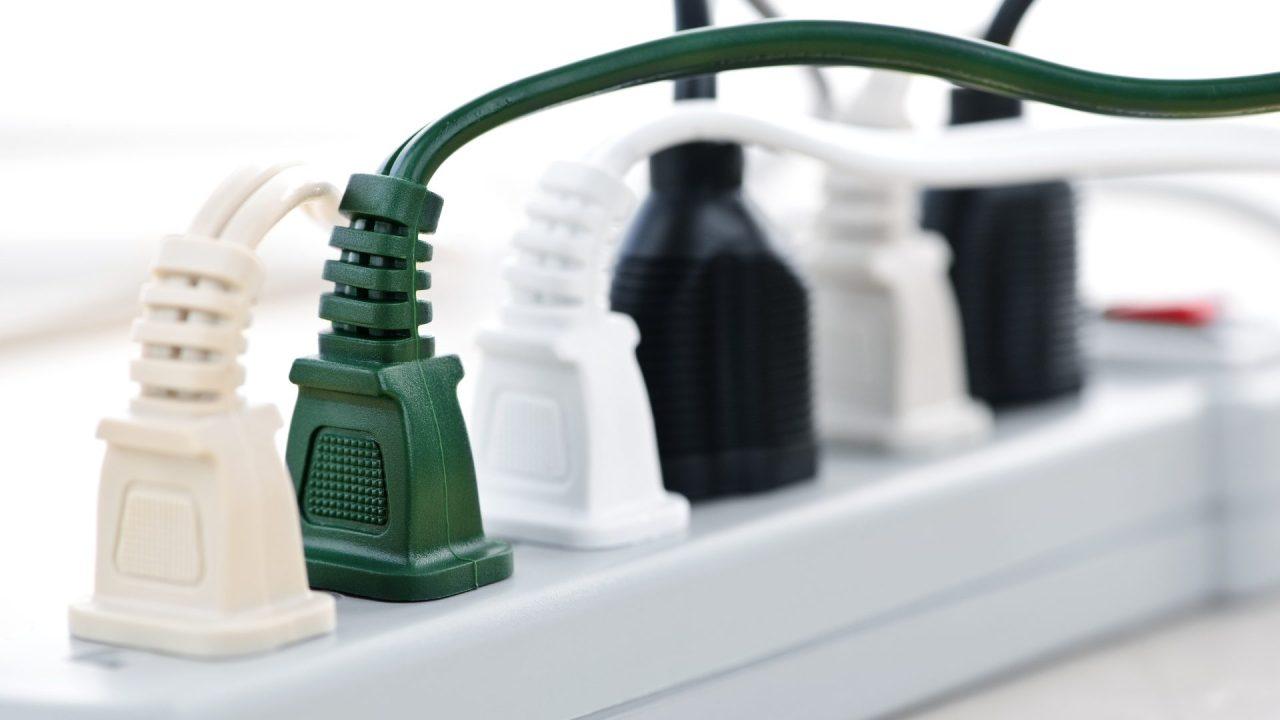Extension cords are common in many settings, offering the convenience of electricity where outlets are scarce.
Any retail store that sells goods, including hardware and home supply stores, carries these highly regarded flexible and insulated gadgets. However, not all extension cables are made equally. Robustly constructed to resist demanding use in a variety of conditions, heavy duty extension cords are particularly noticeable.
This article investigates the characteristics of a heavy-duty extension cord, emphasizing its strength and reliability.

What Are Heavy Duty Extension Cords?
A Heavy duty extension cord is a specialized electrical cable made to carry electricity across longer distances than regular cords safely would be able to. These cables are needed in a lot of places, such as building sites, manufacturing facilities, and backyard get-togethers.
In order to determine what constitutes a “heavy-duty” extension cable, one must look at its design, functionalities, and materials that add to its characteristics.
Key Features of Heavy-Duty Extension Cords
1. Thicker Gauge Wires
The first characteristic one is likely to notice about heavy-duty extension cords is that they have thicker wires than other extension cords. This thus means that these cords have the American Wire Gauge between 10 and 14. The gauge number is the reverse of the wire thickness. Therefore, the higher the gauge number, the less current the wire can carry without heating up to the extent that one cannot hold it easily.
2. High Amperage Rating
Unlike other cords, these cords are made for carrying higher amounts of amps; they may include 15-amps to 20-amps. Hence, they can be used to power heavy-duty appliances such as power tools, air compressors, and any other high-density appliances. Those capacities ensure that the power flow remains uninterrupted, hence enhancing the reliability of the capacities. .
3. Durable Insulation and Sheathing
The insulation and sheathing are the outer protective layers made of rubber, vinyl, and thermostat-swinging elastomers. They have excellent surface hardness and water resistance and provide for high/ low temperatures. It also means that the device has high resistance and can always be relied upon to function optimally, regardless of the conditions prevailing in its environment.
4. Length
These cords range from six feet to a hundred feet long, meaning you can use them to accommodate large equipment and position it at varying distances from the outlet. Because of this versatility, they can be deemed reliable in various situations.
5. Multiple Outlet
Heavy-duty extension cords have several outlets to help power several devices simultaneously. This is especially useful in workplaces or events where many tools or appliances may run simultaneously, increasing their capacity and durability.
Benefits and Usage of Heavy-Duty Extension Cords
1. Enhanced Safety and Reliability
The thicker gauge wires and durable insulation significantly reduce the risk of overheating and electrical fires. Grounded plugs and weather-resistant features further improve safety, making these cords reliable for both indoor and outdoor use.
2. Durability
Durability is an important consideration when selecting a heavy-duty extension cable. More significant than regular extension cords, heavy-duty cables are dependable, strong, and have a longer lifespan.
The wires are appropriate for any situation because of their thickness, which allows them to endure being trampled by humans or driven over by vehicles.
3. Versatility
Heavy-duty extension cords are essential staples because they are handy in different situations. Used in construction sites and workshops, outdoor events, and emergency power situations, these cords deliver reliable power wherever it is required.
4. Powering High-Demand Equipment
Heavy-duty extension cords are recommended as they can handle the amount of power needed by tools and machines. This characteristic makes them suitable for use with power saws, drills, air compressors, or any other power tool that regular extension cords cannot provide, hence their reliability.
5. Convenience and Reliability
The longer cords allow the equipment to be in the most precise locations. Because of the power outlet and extension cords, location constraints are eliminated. This convenience is beneficial in vast offices or territories where the availability of a power supply is excluded to guarantee operation efficiency.
6. Weather Resistant
When selecting extension cables, the resistance to rain or snow is a common concern, mainly if the wires will be used in an office setting.
You don’t have to be concerned about heavy-duty extension cables shorting out in the rain or any other type of weather since they have thicker jackets that assist in shielding them from radiation, chemicals, abrasion, etc.
Specific heavy-duty extension cables have a “W” printed on them to indicate that they are protected against electric shock and can endure any weather.
7. Safety
Using heavy-duty extension cables for proper operations is crucial to avoid potential risks. These cables are made with safety and little electrical shock risk in mind.
The heavy-duty extension cable’s superior insulated jackets ensure that it will not break or split and expose users to electrical shocks.
Furthermore, you don’t need to worry since overload is intended to occur. Several appliances may be used without risk of fire.
Conclusion
Heavy-duty extension cables are an invaluable tool when dependable power distribution is critical.
These cables provide the strength and dependability required to effectively power heavy-duty equipment on construction sites, at outdoor events, or in emergencies.
Securing your electrical demands with a heavy-duty extension cord ensures convenience and peace of mind.
Tradersdna is a leading digital and social media platform for traders and investors. Tradersdna offers premiere resources for trading and investing education, digital resources for personal finance, market analysis and free trading guides. More about TradersDNA Features: What Does It Take to Become an Aggressive Trader? | Everything You Need to Know About White Label Trading Software | Advantages of Automated Forex Trading


































